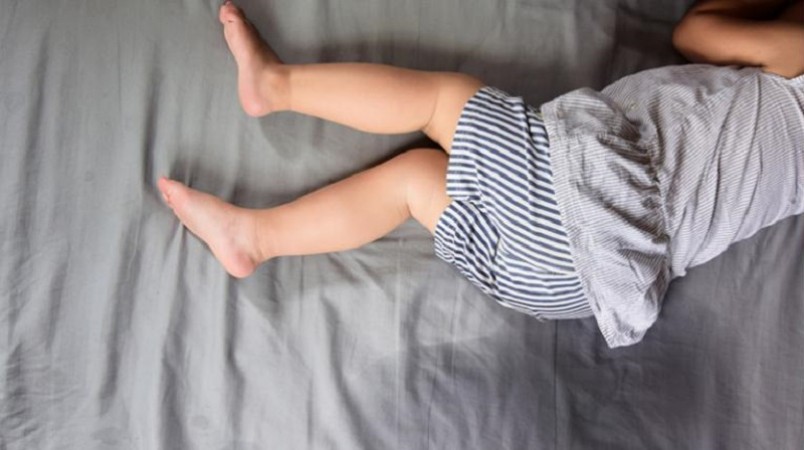
Beyond Bedwetting: Could There Be More to the Story?
For many parents, nighttime bedwetting (nocturnal enuresis) is a familiar concern, especially with younger children. While frequent bedwetting past age 5-7 can be a sign of underlying issues, a recent study suggests a surprising potential link: arrhythmia, or irregular heartbeat.
Understanding Bedwetting
Nighttime bedwetting is quite common in young children. Boys are affected more frequently than girls, and it often resolves on its own as the child matures. Factors like small bladder capacity, deep sleep, or incomplete toilet training can all contribute. In older children and adolescents, however, persistent bedwetting might warrant further investigation.
Sleep Apnea and Bedwetting
Studies have established a connection between sleep apnea, a condition where breathing repeatedly stops and starts during sleep, and bedwetting in school-aged children. This is because sleep apnea disrupts sleep quality and can affect the body's ability to control urine production at night.
The Arrhythmia Connection
A recent medical study highlighted a potential new link between bedwetting and arrhythmia. The study suggests that certain arrhythmias, which can cause dizziness or fainting during waking hours, might also trigger nocturnal seizures during sleep. These seizures, often unnoticed, could lead to bedwetting as an involuntary response.
What This Means for Parents
If your child experiences frequent bedwetting past the age of 5-7, it's important to consult with a doctor. While bedwetting can be caused by various factors, including sleep apnea, the new study suggests arrhythmia as a potential underlying cause that might require further evaluation.
Here's what you can do:
Talk to your doctor: Discuss your child's bedwetting history and any other relevant symptoms they might experience.
Be observant: Pay attention to daytime symptoms like dizziness or fainting that could be related to arrhythmia.
Don't panic: Bedwetting is a treatable condition, and early diagnosis is key.
Please note, this information shouldn't replace professional medical advice. If you're concerned about your child's bedwetting, a consultation with a healthcare provider is the best course of action.
Women should try THESE 5 tips to increase bone density post-menopause
New Study Suggests Exercising Twice Weekly Might Suffice for Fitness